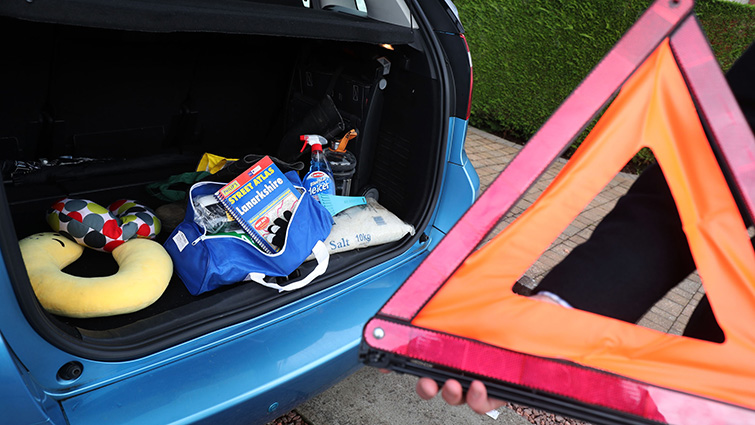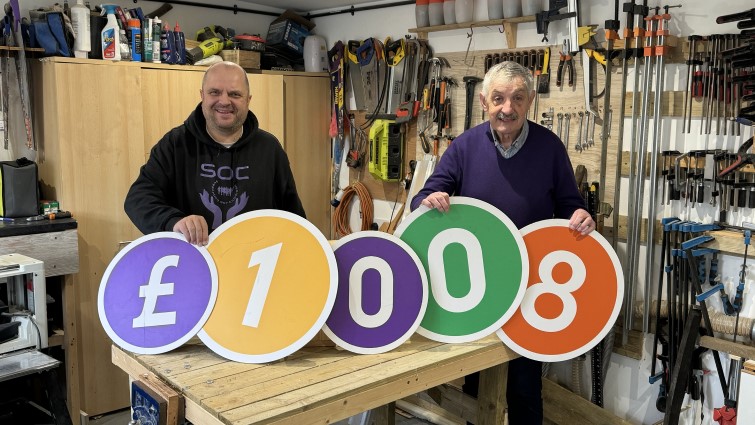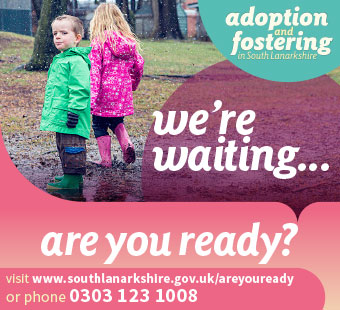Winter awareness week - getting ready for winter
Published: Monday 25 October 2021

Every year we like to remind everyone of what we are doing and what you should also do to prepare for any unpredictable weather.
With winter fast approaching, we are reminding everyone of what the council is doing and what you should do to prepare.
Every year we use our Winter Awareness Week to highlight some of the issues we all need to be aware of – be it snow, storms, ice and downpours or sometimes even a combination of all four.
Councillor John Anderson, the chair of the council’s Community and Enterprise Resources Committee, said: “We will be providing a range of information and advice during this week which we hope will be useful over the coming months.
“To start things off, today we are focusing on getting ready for winter, whether you are a driver or pedestrian.
“Regardless of whether you are an experienced or newly-qualified driver, we believe our information will give you some handy tips and things to think about.
“New cars are of course much more technologically advanced, but it is important to remember some basic facts when driving during the winter months.
“Please always plan ahead as much as you can.”
You and your vehicle
- Make sure you have adequate antifreeze in your radiator and low temperature screen wash
- Check all your lights are working
- Cold weather is hard on batteries – if in doubt have yours checked now
- Check your tyres are correctly inflated and have plenty of grip. Or perhaps swap over to winter tyres
- A winter service will help make sure your vehicle is ready
- Make sure you have enough fuel for your journey – and any unexpected delays
- Ensure you take a snack, something to drink, and any medication you require in your vehicle in case you become stuck, or get significantly delayed
A basic cold weather and emergency kit should include:
- Ice scraper and de-icer
- A torch that works, and some spare batteries
- A shovel
- A small bag of salt
- Boots
- A first aid kit
- Jump leads or battery pack
- Warm clothes and blankets
- Mobile phone
- An in-car charger for phone or sat nav could prove helpful
Public transport and pedestrians
If you are walking on pavements or are using public transport, make sure you have:
- Warm clothing and footwear with good grip
- A way of contacting your family
- A snack and something to drink in case you are delayed on your journey
Footpaths in residential areas will generally not be gritted by the council so you can help by clearing the footpath outside your home and helping less able neighbours – remember grit bins are there for you to treat public roads and footpaths.
For more information see:
- Roads in Winter pages on the council website
- Ready Scotland for advice on winter at home, travelling, at work and in the community
Driving in bad weather from Transport Scotland
16 May 2024
Have your say on shaping town centre’s future
15 May 2024
New tennis courts served up in East Kilbride
14 May 2024
Roads resurfacing works for Larkhall town centre
14 May 2024
Rifleman Khan welcomes everyone to museum
13 May 2024
Wish List helps Strathaven event
10 May 2024
Double boost for Hamilton masterplan
10 May 2024
Community Wish List boosts Men's Shed in Biggar
9 May 2024
Participatory Budget is recipe for community spirit
8 May 2024
Popular facilities get investment boost
8 May 2024
Group's delight as sustainable wish in shreds













